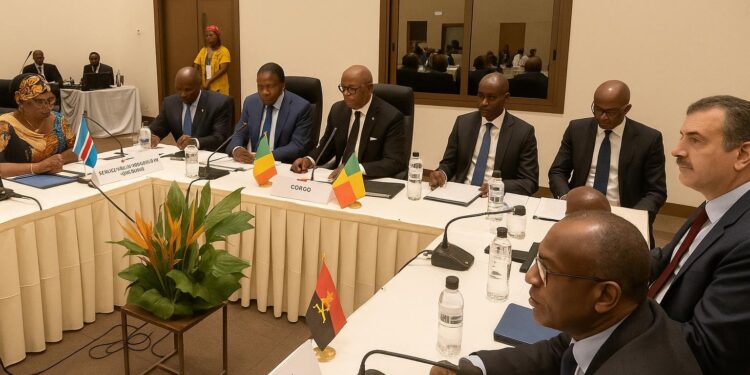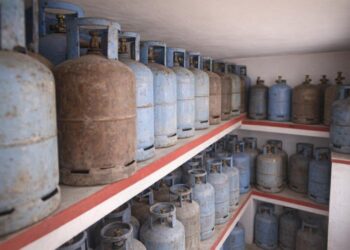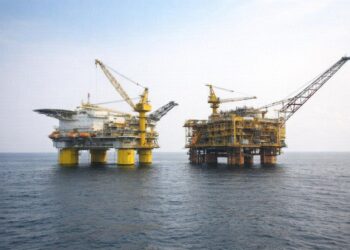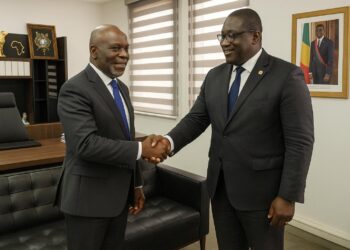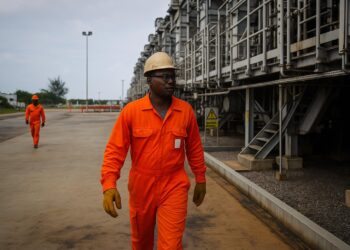Brazzaville anchors a pivotal ministerial round
Meeting in Brazzaville on 4 November, energy ministers from sixteen member states of the African Petroleum Producers Organisation mapped out an accelerated calendar intended to reshape intra-African oil and gas cooperation over the next thirty months.
Held under the patronage of President Denis Sassou Nguesso and chaired by Congo’s hydrocarbons minister Bruno Jean-Richard Itoua, the forty-eighth Council of Ministers discreetly showcased Brazzaville’s rising convening power as global markets scrutinise emerging-market energy strategies.
Capitalising an African Energy Bank by 2026
The ministers reconfirmed their pledge to mobilise an initial 500 million US dollars before 2026 for the African Energy Bank, a vehicle expected to finance exploration, mid-stream infrastructure and gas-to-power schemes across member countries.
A dedicated ministerial task force, led by Algeria’s Mohamed Arkab, will steer legal, regulatory and fundraising workstreams with the APPO Secretariat and the African Energy Investment Corporation, maintaining quarterly milestones to keep the launch on schedule.
Officials describe the bank as a counter-cyclical instrument able to cushion domestic producers from volatility and to crowd in regional pension funds that currently allocate only a fraction of their assets to energy projects.
Governance overhaul and succession charted
Institutional reforms dominated the closed-door segment. Ministers voted Algerian diplomat and hydrocarbons specialist Farid Ghezali as the organisation’s next secretary-general for 2026-2028, succeeding Omar Farouk Ibrahim, whose six-year tenure was commended on the record.
Côte d’Ivoire will assume the rotating presidency in 2026 through mines, petroleum and gas minister Mamadou Sangafowa-Coulibaly, while the vice-presidency goes to the Democratic Republic of Congo, represented by hydrocarbons minister Acacia Bandubola Mbongo.
Observers say the geographical balance answers long-standing calls for wider francophone and lusophone representation inside APPO’s executive bodies, a factor considered essential for continental legitimacy.
Local content as an economic catalyst
Beyond boardroom reshuffles, delegates adopted a joint declaration on local content. “Africa can no longer afford the luxury of importing petroleum goods and services it can produce itself,” Sangafowa-Coulibaly stated, citing early results from Abidjan’s supplier-development programmes.
The text urges national regulators to align certification processes, create common supplier databases and benchmark training curricula, aiming to lift the share of contracts awarded to African enterprises by the 2026 deadline.
Industry executives present in Brazzaville noted that coherent rules could trim project costs by shortening procurement cycles, while also anchoring skilled jobs across producing regions.
Strategic upside for Congo and regional peers
Congo-Brazzaville, currently chairing APPO, views the energy bank and the local-content compact as levers to diversify its hydrocarbons economy and to integrate domestic service companies into regional value chains.
Minister Itoua underlined the progress achieved since APPO’s creation thirty-eight years ago, stressing that greater financial autonomy will allow members to monetise untapped gas and meet rising power-demand without over-reliance on external lenders.
Analysts argue that improved access to risk-adjusted capital could accelerate field tie-backs in mature basins such as Pointe-Noire and enable smaller producers like Benin or Mauritania to reach final investment decisions sooner.
Investor signals and timeline watchpoints
For institutional investors, the resolutions adopted send two key messages: political alignment exists around upstream financing gaps, and implementation capacity is being strengthened through clearly identified task forces.
Yet milestones remain tight. The Arkab group must finalise the bank’s shareholder pact, secure credit-rating prerequisites, and deliver a pipeline of bankable projects by mid-2025 to justify the paid-in capital call.
Concurrently, the Diop-led review of AEICorp is expected to recommend governance tweaks that reassure limited partners and multilaterals contemplating co-investment in the new lender.
Looking toward 2026
APPO’s roadmap now rests on a compressed execution window, but ministers left Brazzaville signalling rare unanimity. “The energy transition may be global, yet our response must be tailored and timely,” Itoua summarised during the closing briefing.
With leadership rotation settled, task forces named and timelines published, stakeholders will judge progress against quarterly dashboards that the Secretariat plans to circulate to capitals and prospective investors alike.
Should the African Energy Bank open its doors in 2026 as envisaged, the continent would possess a home-grown financial anchor to underwrite exploration, decarbonised fuels and regional trade — a prospect member states describe as both pragmatic and strategic.

































